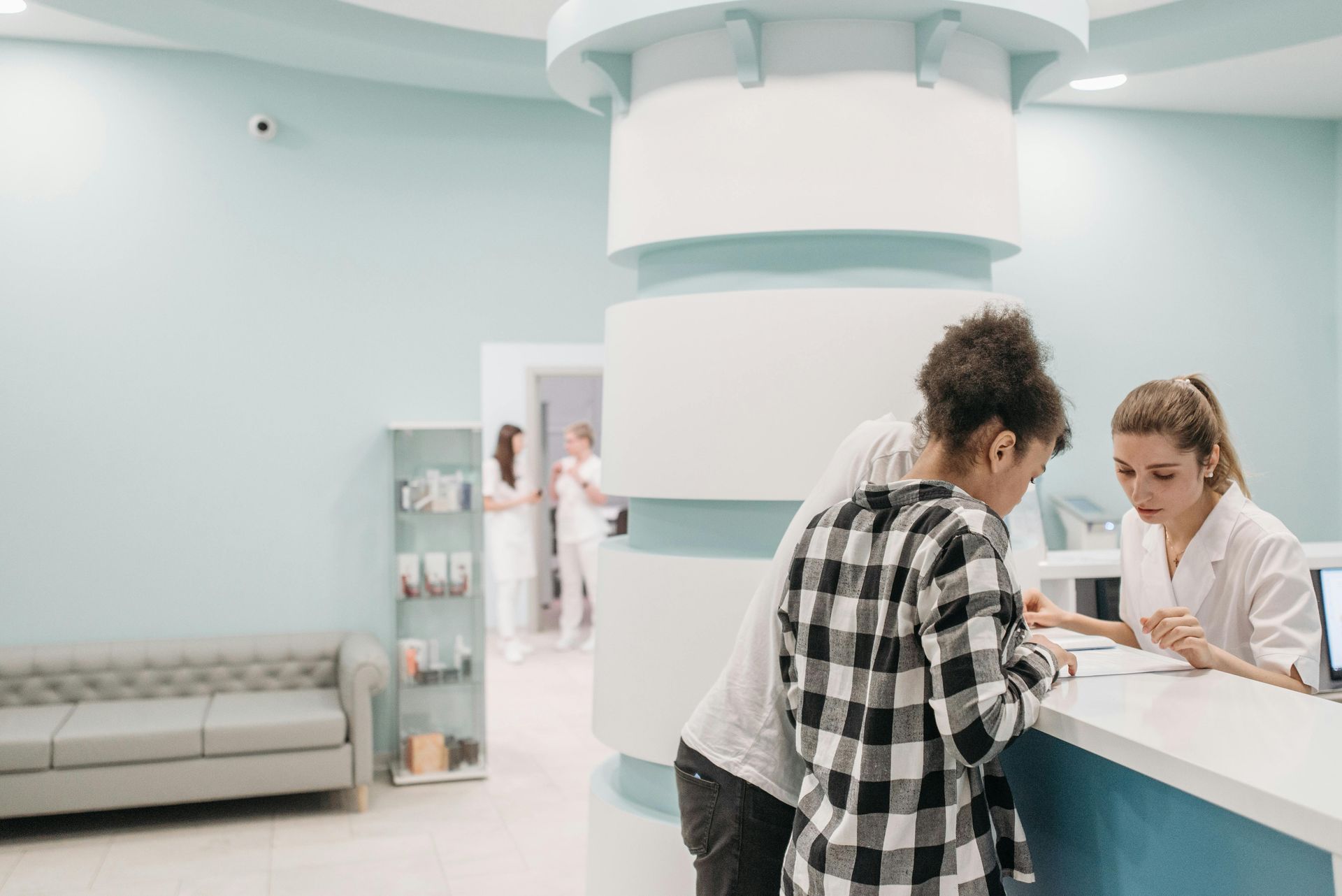Drug Rehab in Culver City, CA:
Effective Solutions for Recovery
Drug rehab in Pasadena, CA, offers essential support for those battling addiction. Many addiction treatment centers in this area provide comprehensive programs tailored to individual needs. These facilities are equipped to address various substance use disorders and offer a range of therapeutic approaches.
Pasadena's drug and alcohol rehab centers combine evidence-based practices with holistic therapies to foster recovery. From detoxification programs to ongoing support, these services assist individuals on their journey to sobriety. The collaborative environment encourages personal growth and resilience, essential components in overcoming addiction. For those seeking help, understanding the local resources available can make a significant difference. Pasadena stands out with its qualified professionals and diverse treatment options, making it a prominent location for effective substance abuse recovery strategies.

The Importance of Comprehensive Care
Comprehensive care is crucial in drug rehabilitation, as it addresses the multifaceted nature of addiction. It involves a holistic approach that combines medical treatment, counseling, and support services. Clients benefit from a variety of therapies tailored to their specific needs.
An effective program may include detoxification to manage withdrawal symptoms, followed by personalized treatment plans. Alcohol detox centers, for example, provide specialized care for managing alcohol withdrawal safely. This approach not only focuses on cessation of substance use but also emphasizes mental health, coping strategies, and life skills. Balanced care significantly improves recovery outcomes.
Residential Versus Outpatient Programs
Drug rehabilitation programs generally fall into two categories: residential and outpatient. Residential treatment requires individuals to live at the facility, providing a structured environment free from external triggers. This option is typically suited for those with severe addiction.
Outpatient programs allow clients to maintain their daily routines while attending scheduled therapy sessions. This flexibility is beneficial for those with strong support networks or less severe addictions. Intensive outpatient programs offer more rigorous schedules while still allowing clients to return home for rest and recovery. Choosing between these programs depends on the individual’s circumstances, severity of addiction, and personal commitments. Both approaches aim to support lasting substance abuse recovery through personalized treatment.
Treatment Methods and Programs
Drug rehab facilities in Pasadena, CA, employ various methods and programs tailored to individual needs. These approaches address both the physical and psychological aspects of addiction, enabling a comprehensive path to recovery.
Detoxification and Medical Detox
Detoxification programs are the initial phase of treatment, essential for safely removing substances from the body. Medical detox ensures that clients undergo this process under professional supervision, minimizing risks and alleviating withdrawal symptoms.
Medical staff closely monitors clients during detox. They may administer medications to manage discomfort or prevent severe complications. Alcohol detox centers, in particular, offer specialized services for those withdrawing from alcohol, ensuring safety and comfort during this critical phase. This process often lasts several days and is followed by continued care, ensuring clients are stable before transitioning to further treatment options.
Behavioral Therapies and Counseling
Behavioral therapies form the foundation of many rehab programs. Cognitive Behavioral Therapy (CBT) is widely used, helping clients identify and modify negative thought patterns contributing to substance use. This approach empowers individuals to adopt healthier behaviors and coping strategies.
Individual and group counseling sessions also play a critical role. They provide a supportive environment where clients can share experiences and challenges. These sessions enhance accountability and foster connections among participants, which can be crucial in overcoming addiction.
Medication-Assisted Treatment
Medication-Assisted Treatment (MAT) combines behavioral therapy with medications to treat addiction. This approach is particularly effective for opioid and alcohol use disorders. MAT helps reduce cravings and withdrawal symptoms, making it easier for clients to engage in other therapeutic activities.
Common medications include Methadone, Buprenorphine, and Naltrexone. The choice of medication is individualized based on specific needs and treatment goals. Coordinated care between medical and therapeutic staff ensures comprehensive support throughout the recovery journey.
Holistic and Alternative Therapies
Holistic and alternative therapies complement traditional treatment methods, focusing on the whole person. Approaches can include mindfulness, yoga, acupuncture, and nutritional counseling. These therapies aim to enhance overall well-being and support mental health.
By addressing physical, emotional, and spiritual aspects, holistic therapies can reduce stress and promote relaxation. Such practices often aid clients in developing constructive habits and coping mechanisms, making them valuable additions to a comprehensive rehabilitation program.
Specialized Rehab Programs
Pasadena offers a variety of specialized rehab programs that address unique needs within the community. These programs include tailored approaches for individuals experiencing dual diagnoses and services designed for specific populations.
Dual Diagnosis Care for Co-Occurring Disorders
Dual diagnosis care addresses individuals facing both substance abuse and mental health disorders. This integrated approach ensures that both issues are treated simultaneously, allowing for more effective recovery.
Through comprehensive assessments, tailored treatment plans are developed. These plans incorporate therapy options, medication management, and support groups. Patients engage in evidence-based therapies that target both their addiction and mental health challenges, enhancing the chances of long-term recovery.
Programs for Specific Populations
Programs for specific populations in Pasadena focus on the unique needs of groups like young adults and seniors. Young adults often face different challenges compared to older individuals, such as peer pressure and identity issues.
Programs designed for this age group emphasize life skills training, educational support, and peer counseling. These services aim to empower young adults to build healthy lifestyles. On the other hand, programs for seniors consider age-related factors that impact recovery, such as chronic health conditions or mobility issues. This demographic often benefits from a more personalized approach, including access to sober living homes and ongoing support tailored to their age group.
Local Support Groups and Community Resources
Pasadena hosts several local support groups, including Alcoholics Anonymous (AA) and Narcotics Anonymous (NA). These groups provide a safe space for individuals to share experiences and gain strength from one another. Meetings are accessible, often held weekly throughout the city, catering to various schedules.
In addition to support groups, organizations focused on life skills training and mental health support are available. Addiction treatment centers often partner with these organizations to equip individuals with essential tools to manage addiction and promote overall well-being. Many organizations incorporate compassionate staff who understand the challenges faced by those in recovery.
Start Recovery With
Continued Aftercare and Local Events
Aftercare support is crucial for individuals transitioning from rehab to everyday life. In Pasadena, several facilities offer structured aftercare programs focused on sustaining recovery. These programs often include ongoing counseling, support group participation, and workshops aimed at enhancing life skills.
Community events, such as the Rose Parade and Rose Bowl Game, can also serve as positive distractions and opportunities for social engagement. Participation in these local activities encourages healthy interactions and helps reinforce sober living. Engaging in community life fosters connections, which can be pivotal during the recovery process.

